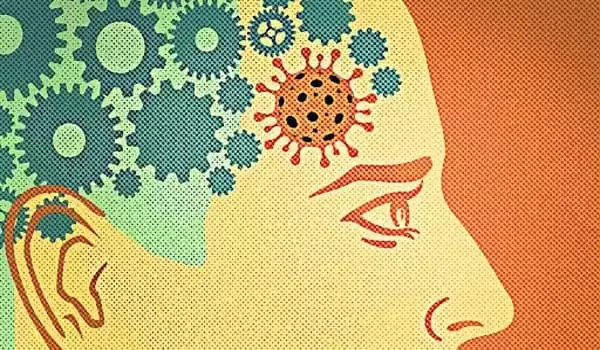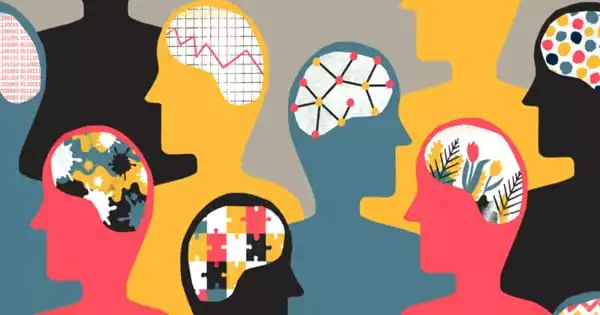Anxiety disorders are the most common type of mental illness in the United States. Anxiety affects 40 million adults in the United States, or more than 18% of the population, according to the Anxiety and Depression Association of America. Those who suffer from anxiety know that, at its worst, it can be debilitating, with no end in sight.
Although anxiety disorders are the most common type of psychiatric illness, researchers know very little about the factors that contribute to the recovery. A new University of Toronto study looked at three levels of recovery in a large, representative sample of over 2,000 Canadians with a history of GAD (GAD).
According to the study, 72% of Canadians with a history of GAD have been free of the mental health condition for at least a year. Overall, 40% were in excellent mental health, and nearly 60% had no other mental illness or addiction issues in the previous year, such as suicidal thoughts, substance dependence, a major depressive disorder, or a bipolar disorder.
The definition of excellent mental health is extremely high. Respondents had to accomplish three things in order to be defined as having excellent mental health: 1) almost daily happiness or life satisfaction in the previous month; 2) high levels of social and psychological well-being in the previous month; and 3) freedom from generalized anxiety disorder and depressive disorders, suicidal thoughts, and substance dependence for at least the previous full year.
Anxiety disorders are the most common type of psychiatric illness. A new study investigated three levels of recovery in a large, representative sample of more than 2,000 Canadians with a history of generalized anxiety disorder.
“We were so encouraged to learn that even among those whose anxiety disorders had lasted a decade or longer, half had been in remission from GAD for the past year, and one-quarter had achieved excellent mental health and well-being,” says study lead author Esme Fuller-Thomson. Fuller-Thomson is the Director of the Institute for Life Course and Aging at the University of Toronto, as well as a Professor at the Factor-Inwentash Faculty of Social Work and the Department of Family and Community Medicine.
“This study sends a very positive message to people who suffer from anxiety, their families, and health professionals. Our findings suggest that full recovery is possible, even for those who have been suffering from the disorder for a long time “She says.

Individuals who had at least one confidant in their lives who provided them with a sense of emotional security and wellbeing were three times more likely to be in excellent mental health than those who did not have a confidant.
“For those with anxiety disorders, social support from a confidant can foster a sense of belonging and self-worth, which may promote recovery,” says co-author Kandace Ryckman, a recent Master of Public Health graduate from the University of Toronto.
Furthermore, those who used their religious or spiritual beliefs to cope with daily difficulties had a 36% higher chance of having excellent mental health than those who did not use spiritual coping. “Other researchers have also discovered a strong link between mental illness recovery and belief in a higher power,” Fuller-Thomson writes.
Poor physical health, functional limitations, insomnia, and a history of depression were discovered to be impediments to excellent mental health in the sample by the researchers. “Health professionals who treat individuals with anxiety disorders must consider their patients’ physical health issues as well as social isolation in their treatment plans,” Ryckman says.
The researchers looked at a nationally representative sample of 2,128 community-dwelling adults in Canada who had a generalized anxiety disorder at some point in their lives. Statistics Canada’s Canadian Community Health Survey-Mental Health was used to compile the data. This study was published online ahead of print in the Journal of Affective Disorders.
This new study demonstrates that anxiety is a highly treatable condition. Unfortunately, many people avoid seeking professional help because of the social stigma associated with mental illness. These findings, hopefully, will inspire anyone who is dealing with anxiety on their own to seek help, confide in those close to them, and find something spiritual to connect with. That may be all they require to fully recover.















